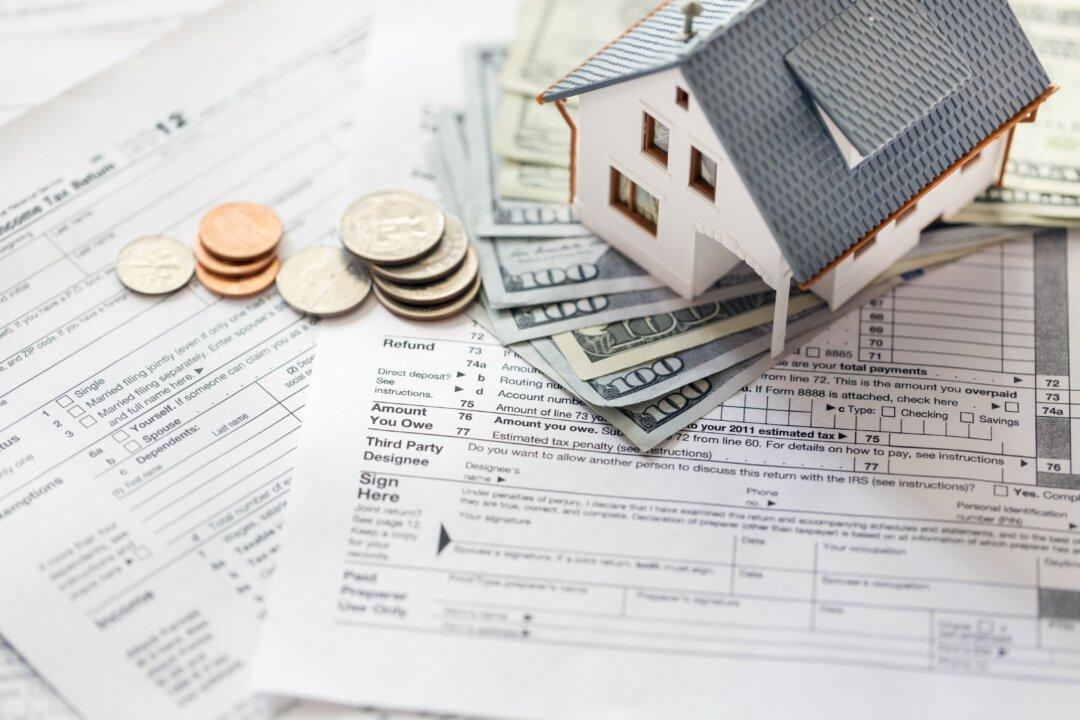Buying a new home is exciting, but selling that same home elicits mixed emotions. Whether it’s a good move or whether life has taken a turn, the last thing you want to worry about is a capital gains tax.
But what amount qualifies for a capital gains tax? And, more important, when are you excluded from a capital gains tax?
Capital Gains Tax on Real Estate
Many factors go into determining the capital gains tax rate on your home. First, it depends on your:- income bracket
- marital status
- how long you’ve owned the home
- whether it’s a primary residence or a secondary residence as investment property






